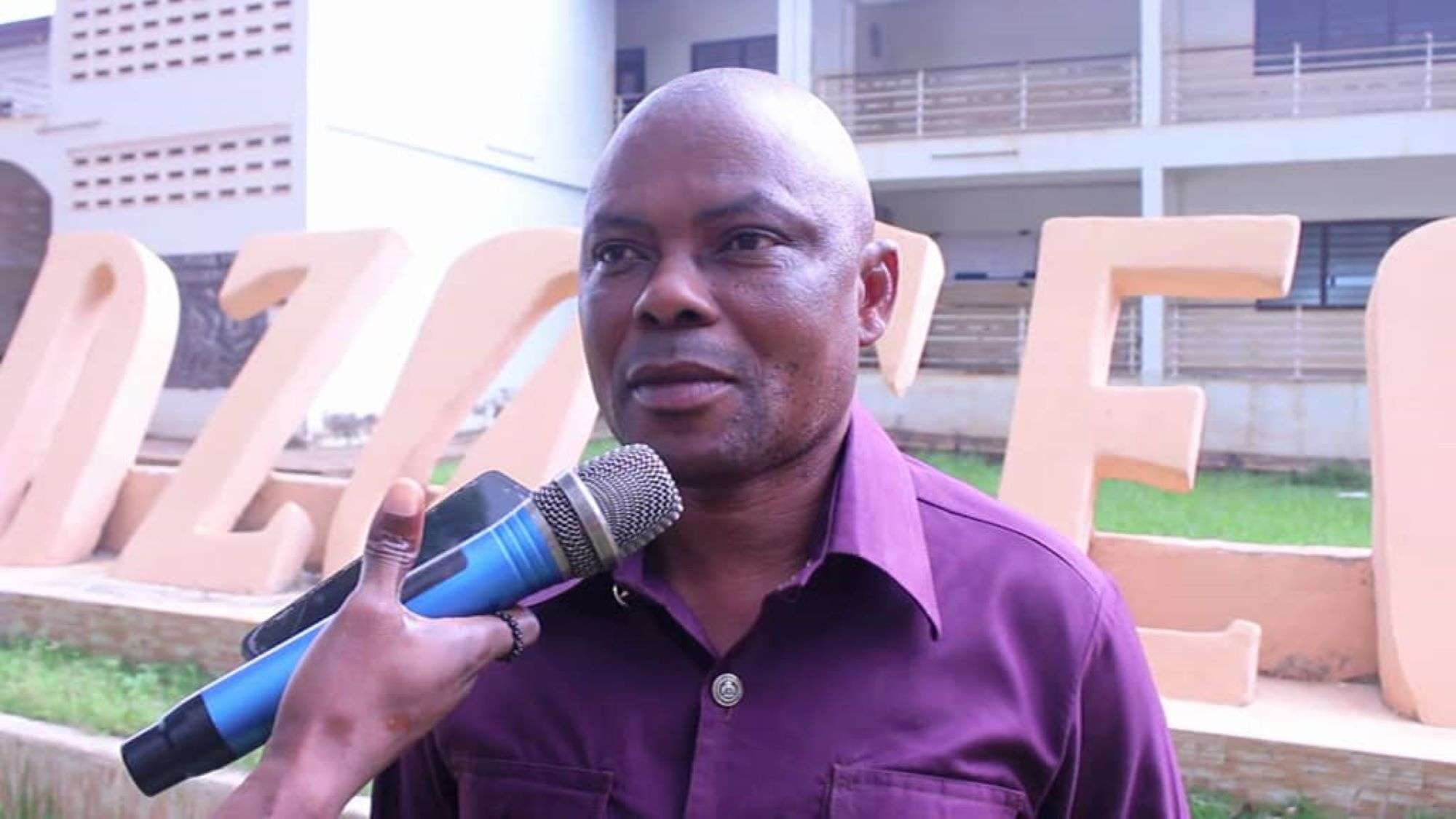The Association of Women in the Media (ASWIM), has called on Parliament to pass the Lands Bill with the Gender Equality Social Inclusion Clauses intact and the Affirmative Action Bill.
It also appealed to Members of Parliament to strengthen their commitment towards the social, economic and political justice for Ghanaian women and girls by expediting action towards passing the Bills before they rise from the current session.
According to a statement signed and copied to the Ghana News Agency by Mrs Mavis Kitcher, the President of ASWIM, when the barriers are cleared for women to fully participate in customary land administration and also receive their fair share of land resources in patriarchal societies, their economic empowerment would give them better participation in governance issues.
Similarly, an Affirmative Action Law would enable Ghana to meet the United Nation’s 30 per cent minimum threshold required for women’s voices and contributions to count in making formal decisions at the local assembly, parliamentary and other spheres of public life.
The statement was made as the Association observed the 2020 International Women’s Day on the global theme: “I am Generation Equality: Realizing Women’s Rights”, to recognise the need for a collective action to rekindle the struggle for women to be well represented as equal partners in all the formal decision-level spaces
“ASWIM believed that no society could achieve holistic development and peace with an under representation of the concerns, perspectives, knowledge and expertise of women in the critical spheres of social, economic, business and political governance.”
Mr Antonio Guterres, the Secretary-General of the United Nations, according to the statement said in his message to commemorate this year’s International Women’s Day that: “Gender inequality is the overwhelming injustice of our age and the biggest human rights challenge we face.
“But gender equality offers solutions to some of the most intractable problems of our age. Everywhere, women are worse off than men – simply because they are women. The reality for women from minorities, older women, those with disabilities and women migrants and refugees is even worse.”
“While we have seen enormous progress on women’s rights over recent decades, from the abolition of discriminatory laws to increased numbers of girls in school, we now face a powerful pushback”, he added.
According to the statement, Ghana’s movement for gender parity and empowerment had been quite steady through the years, with some measurable successes in the efforts at promoting girl-child education, discouraging child marriage, abolishing negative cultural practices against girls and women, and enforcing the laws against the perpetrators of domestic violence and sexual offences.
ASWIM commended women in the remotest areas who tirelessly toiled to feed their families and those whose selflessness and sacrifices had helped to make women’s efforts visible.
“We also commend the numerous women who are survivors of heinous human rights abuses whose resilience and courage to speak up have given hope to others to break free for a sturdy development of the women’s front,” the statement said.
ASWIM, according to the statement, renewed its commitment to fully work towards the achievement of the Sustainable Development Goal 5, which reinforces the need to “Ensure women’s full and effective participation and equal opportunities for leadership at all levels of decision-making in political, economic and public life”.










